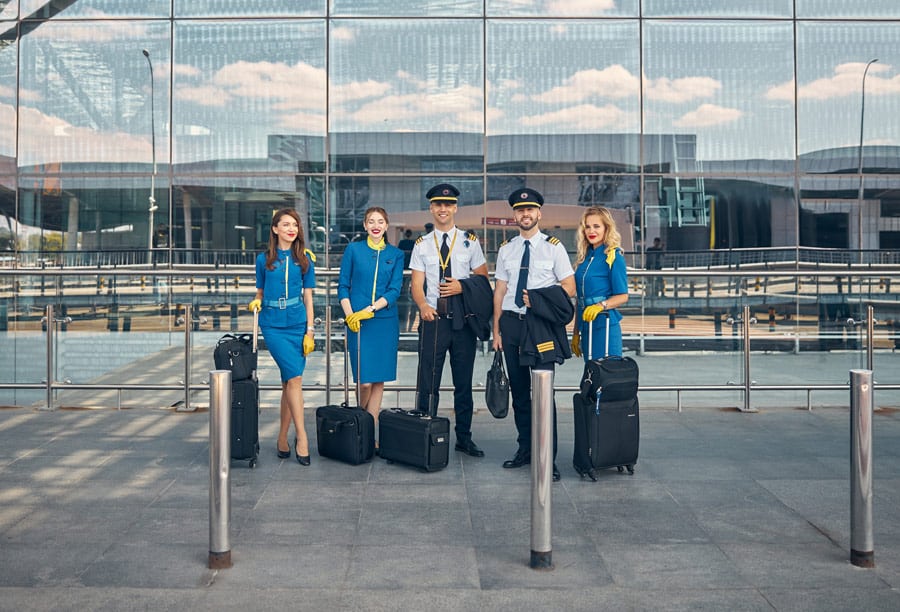Aviation pensions in Ireland have been a topic of concern in recent years. Especially for employees of major Irish airlines and aviation businesses.
This article examines the pension landscape for some of the larger companies in Ireland’s aviation sector:
Aer Lingus
Aer Lingus, Ireland’s national airline, employs approximately 3,600 people as of November 2024. The company has faced challenges with its pension scheme in recent years.
In 2015, there was a restructuring of the Irish Airlines Superannuation Scheme (IASS), which resulted in reductions to monthly pensions for retirees.
These cuts have been ongoing since January 2015, with reductions of up to 22.53% in benefits for some pensioners, as stated by the Retired Aviation Staff Association (RASA).
Ryanair
Ryanair, one of Europe’s largest low-cost carriers, employed over 27,000 people as of their fiscal year ending March 2024. This includes over 16,900 cabin crew staff and 7,000 pilots. Ryanair has seen significant growth in its workforce, with employee numbers increasing by 16.45% from the previous year. However, specific details about Ryanair’s pension arrangements are not provided in the search results.
Aviation Leasing Industry
Ireland is a global hub for aircraft leasing, with over 60% of the world’s leased aircraft managed from the country.
This sector contributes significantly to the Irish economy:
- The industry contributes €897 million ($975 million) to Ireland’s economy annually
- It supports 8,543 jobs, this is up 71% from 4,970 in 2018
- Gross payroll to aviation leasing employees is €356 million ($387 million).
For executives in the aircraft leasing industry, there have been concerns about transferring pension benefits from ex-employer schemes into private ownership.
Aviation Challenges and Concerns
- Defined Benefit Schemes: Many aviation sector employees, particularly those in older, established companies like Aer Lingus, have been part of defined benefit pension schemes. These schemes have faced funding challenges, leading to restructuring and benefit reductions.
- Pension Fund Thresholds: There have been concerns about pension fund thresholds and excess tax, causing uncertainty for executives in the industry.
- Cost of Living: The increasing cost of living in Ireland, particularly housing costs, is driving pay demands and affecting pension planning for aviation sector employees.
- Tax Considerations: Ireland’s personal income tax system, with its high marginal rates, is seen as a challenge for the aviation industry in attracting and retaining talent.
Read a similar blog: 5 Ways to Minimise Penalties When Unlocking Your Pension in Ireland
Future Outlook
The Irish government has shown commitment to supporting the aviation sector, including its pension arrangements.
There are calls for improvements to programs like the Special Assignee Relief Programme (SARP) to enhance Ireland’s competitiveness in attracting aviation talent.
As the industry continues to evolve, particularly with the growth of the aircraft leasing sector, there may be a need for more flexible and robust pension solutions to meet the needs of a diverse workforce in this dynamic industry.
If you’re wondering how these changes will affect your pension planning, now is the time to act.
Talk with Q Financial Advisors to get a clear picture of your pension options. Q Financial Advisors offer their expertise on Irish pensions, giving invaluable advice and support to thousands of Irish employees.
Whether it’s understanding how these rules impact your retirement goals or ensuring compliance as an employer, our guidance can make all the difference. Talk to our team for a free consultation today.








